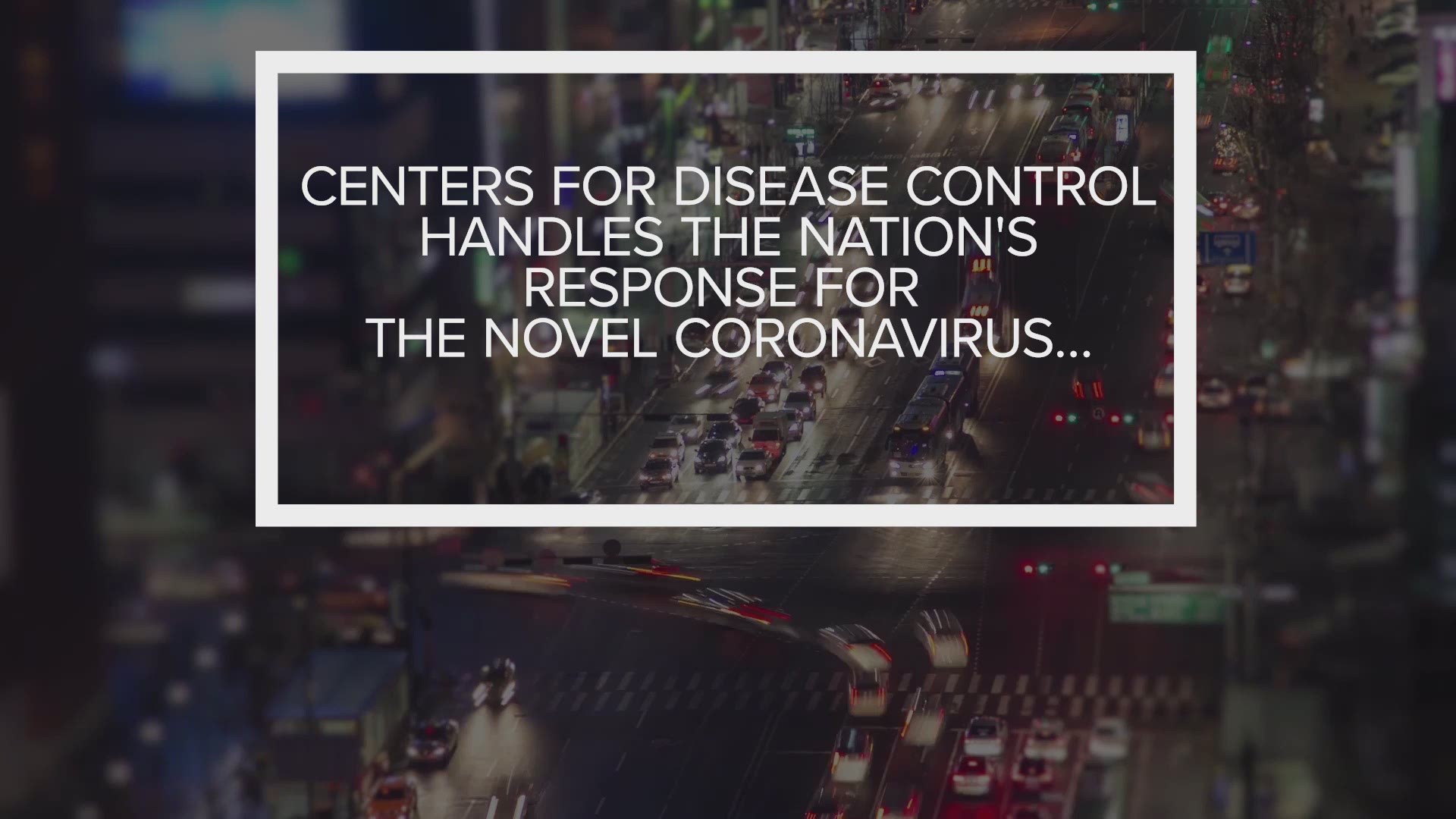AUSTIN, Texas — More health workers and medical supplies are headed to our service members abroad. This comes as a few of our military members tested positive for the novel coronavirus.
A military memo showed the Centers for Disease Control and Prevention (CDC) had "limited applicability" for the military because CDC guidance "does not apply to sovereign nations."
"While the [Department of Defense] continues to follow CDC's lead, additional military-specific measures are authorized by current policy when needed to mitigate risk to U.S. forces stationed around the world and to protect Service members, DoD civilian employees and contractor personnel, and family members," the memo read.
"My number one priority remains to protect our forces and their families," said Defense Secretary Dr. Mark T. Esper. "Second, to safeguard our mission capabilities. And third, to support the innovation inter-agency whole of government approach."
As of March 3, four people stationed at Camp Carroll, South Korea, have the coronavirus - one who was a spouse. She was sent back to the U.S. for quarantine.
No military missions are compromised.
"The overall broad impact to the uniformed U.S. military is very, very minimal...because we have a very young demographic in the U.S. military, healthy demographic, lots of immunizations and so on and so forth," said Joint Chiefs Chairman Army Gen. Mark A. Milley.
The Department of Defense would execute widespread aid should the World Health Organization declare the coronavirus a pandemic. It had not as of March 3.
"The commanders have the information they need and we're relying on them to make good judgments," said Esper.
Military labs in South Korea and the U.S. are working for a vaccine. Meanwhile, access to bases in Northern Italy and South Korea remain restricted.
With any service member infected, Milley said:
We'll provide whatever assistance is needed to them to include time off and working with their employers. If they're working with civilian employers to include supplemental help, if they're if they lack supplies, in the home, if they have if they get infected, they have to be at home for, say, two or three weeks, something like that, we will work with our families and troops.
KVUE reached out to the U.S. Department of Veterans Affairs about its response efforts. A VA spokesman wrote:
While the Department of Health and Human Services is leading the federal government's COVID-19 response efforts, VA is monitoring the situation through its Emergency Management Coordination Cell and collaborating with public health officials from HHS and the Centers for Disease Control to ensure Veterans benefit from the latest prevention, testing and treatment protocols and develop emergency management plans for medical centers.

